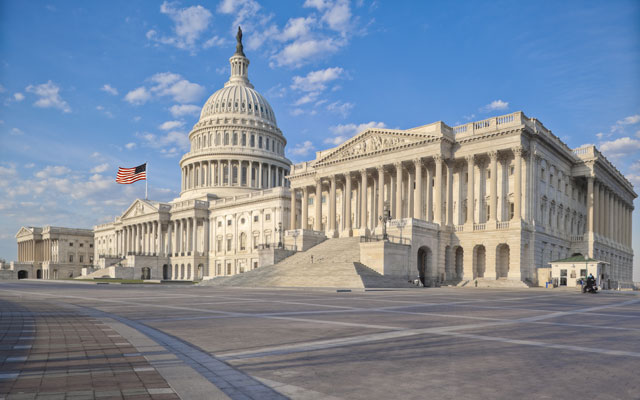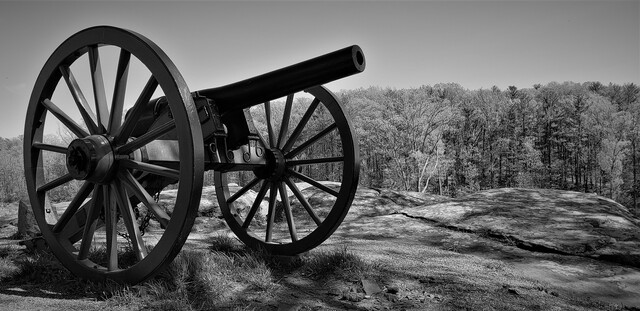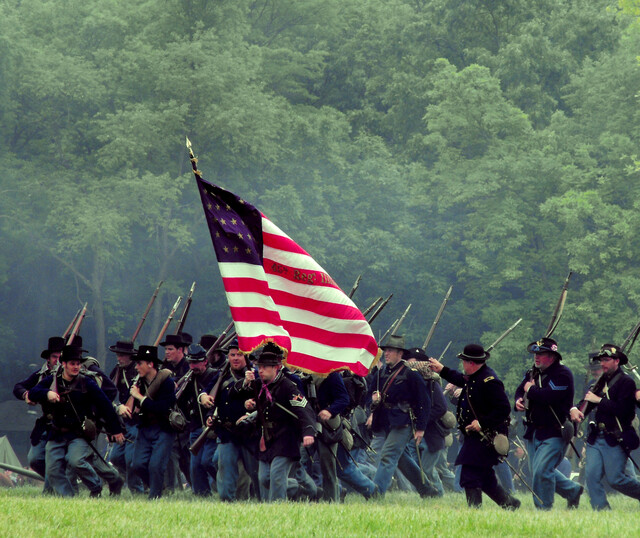Lesson 1. Before the Women's Revolution: A Peek into Precolonial America
The legal and societal roles of women in early colonial America were influenced by their European origins, restricting their autonomy despite their essential contributions to economic and community life. Despite the patriarchal norms, women forged communities and initiated gradual social change, setting the stage for future reform.
Lesson 2. Pioneering Religious Freedom in Colonial America
Anne Hutchinson's challenge to the authoritative clergy in the Massachusetts Bay Colony was marked by her assertive theological gatherings, which broke gender norms by including male participants. Despite her eventual exile, her advocacy for religious autonomy contributed significantly to American concepts of spiritual freedom.
Lesson 3. Abigail Adams: Pioneering Women's Rights
Despite the constraints of 18th-century societal norms, Abigail Adams emerged as a formidable intellectual force, advocating for women's education and rights with prescient foresight. Her letters to influential figures such as her husband, John Adams, exemplify her political acumen and enduring legacy in American history.
Lesson 4. Harriet Tubman and Sojourner Truth: Icons of Courage and Freedom
Harriet Tubman's strategic brilliance on the Underground Railroad and Sojourner Truth's fiery rhetoric in public addresses illustrate two distinct yet equally powerful methods of activism in 19th-century America. Despite facing immense personal challenges, their unwavering belief in collective well-being fueled efforts that continue to inspire contemporary movements against injustice.
Lesson 5. Echoes of Suffrage: Anthony & Stanton's Enduring Influence
Anthony and Stanton's combined efforts led to foundational works like the History of Woman Suffrage, despite facing racial and gender tensions post-Reconstruction. Their activism showcased the intricate balance between advocating for both racial and gender equality during a transformative era.
Lesson 6. Catalysts for Compassion: Dix & Keller's Legacy
Dorothea Dix's determination exposed the dire conditions of the mentally ill in the 19th century, leading to vast improvements in their care and treatment. Her advocacy reached beyond national borders, influencing mental health reforms internationally and earning her a legacy as a pioneer in humane mental health care.
Lesson 7. Jane Addams: Pioneering Social Change in America
Inspired by London's Toynbee Hall, Jane Addams co-founded Hull House in Chicago, transforming it into a vibrant community center serving thousands. Her work not only provided vital services but also advocated for policy changes that continue to influence social welfare today.
Lesson 8. Mother Jones: A Radical for Workers' Rights
Mother Jones, originally Mary Harris, was an indomitable figure in labor history, known for her relentless advocacy for workers' rights despite immense personal tragedies. Her strategic activism and fiery resolve inspired change across American labor laws, standing as a legacy of resilience and unity.
Lesson 9. Empowerment Through Education: The Journey from Nurse to Advocate
Margaret Sanger's tragic experience with her mother's hardships ignited a relentless pursuit of reproductive rights, inspiring her to challenge draconian laws like the Comstock Act. Her unwavering activism led to creating pivotal institutions and spurred societal shifts, empowering women worldwide.
Lesson 10. Civil Disobedience: The Power of Defiance
Rosa Parks and Fannie Lou Hamer used acts of civil disobedience to challenge racial discrimination, leading to pivotal civil rights advancements in America. Their stories highlight the influence of individual courage in reshaping societal norms and promoting equality.
Lesson 11. Catalysts of Change: The Feminist Awakening of Friedan and Steinem
Gloria Steinem merged journalism with activism, exposing gender inequities through her investigative work and co-founding iconic Ms. Magazine, which championed women's rights issues. Her advocacy extended internationally, advocating for global gender justice and amplifying diverse voices within the feminist movement.
Lesson 12. From Cattle Ranch to Supreme Court: Sandra Day O'Connor's Journey
Sandra Day O'Connor grew up on a secluded Arizona ranch, cultivating independence and resilience that propelled her to the U.S. Supreme Court. Her pragmatic and centrist approach in pivotal cases continues to inspire gender equality in law.
Lesson 13. Champions of Sovereignty: The Inspiring Lives of Mankiller and Deer
Wilma Mankiller and Ada Deer highlight the significant struggle for Native American rights and sovereignty, leaving lasting impacts through their community-focused leadership. Their journeys serve as powerful testimonies to resilience and the philosophy of 'we, not me,' in advancing tribal sovereignty and cultural preservation.
Lesson 14. Interconnected Struggles: Huerta's Vision for Justice
Dolores Huerta's tenacious advocacy for economic and social justice was inspired by her upbringing and multicultural community in Stockton, California. Her work, often in collaboration with Cesar Chavez, revolutionized farm labor rights and underscored the interconnectedness of various social justice movements.
Lesson 15. Progressive Paths: Women's Shaping of Contemporary Societal Norms
From early advocates to contemporary leaders, the ongoing narrative of women's empowerment in America inspires and motivates ongoing strides toward gender equity. While societal transformations reflect significant progress, the journey toward complete equality continues to require collective effort.

8 Hours average completion time
0.8 CEUs
15 Lessons
29 Exams & Assignments
30 Discussions
12 Reference Files
116 Articles
Mobile Friendly
Last Updated January 2026







